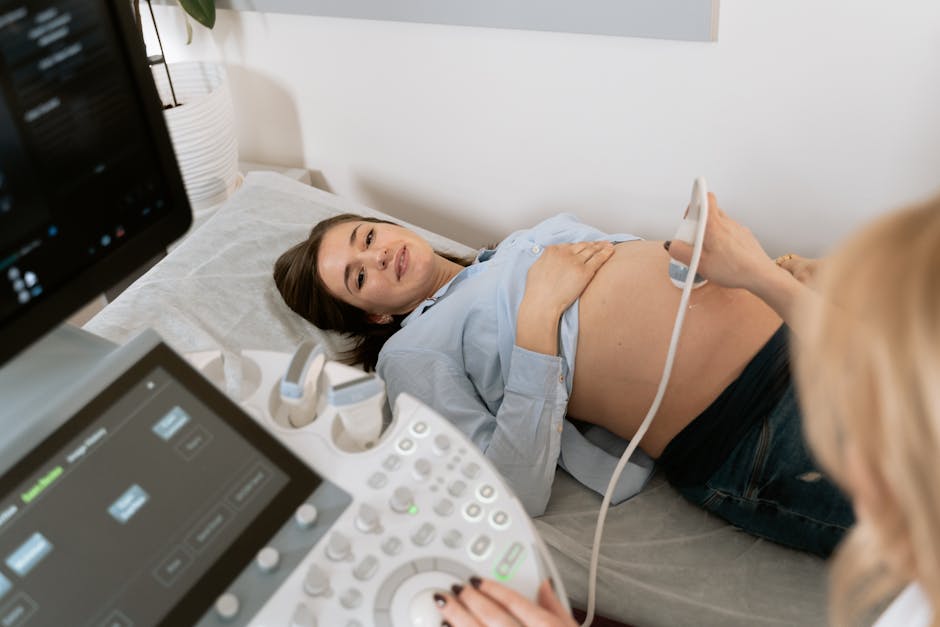
Overview
Contrast-enhanced ultrasound (CEUS) is an advanced imaging technique that combines traditional ultrasound technology with the use of contrast agents. These agents are typically microbubbles that improve the visualization of blood flow and organ structures. CEUS is non-invasive, does not involve ionizing radiation, and is used to enhance the diagnostic capabilities of standard ultrasound.
Key Information
CEUS involves the injection of contrast agents into the bloodstream. These agents are usually gas-filled microbubbles that reflect ultrasound waves, providing clearer and more detailed images. The procedure is often used to evaluate organs such as the liver, kidneys, and heart, as well as to assess blood vessels and detect tumors.
Clinical Significance
CEUS is particularly valuable in detecting liver lesions, characterizing tumors, and assessing blood flow in real-time. It helps differentiate between benign and malignant lesions and can guide biopsies and other interventions. CEUS is also used in cardiology to assess heart function and detect vascular diseases.
Treatment & Management
While CEUS itself is not a treatment, it plays a crucial role in the management of various conditions by providing accurate diagnostic information. This allows for better planning of therapeutic approaches, such as surgery or targeted therapies. The use of CEUS can reduce the need for more invasive procedures and minimize patient exposure to radiation.
Patient Resources
Patients can access a variety of resources to learn more about CEUS. These include informational brochures from healthcare providers, online educational videos, and support groups for those undergoing diagnostic imaging. Discussing concerns and questions with healthcare professionals is also encouraged.
Frequently Asked Questions
- What are the risks of contrast-enhanced ultrasound?
CEUS is generally safe, with minimal risk of allergic reactions to the contrast agents. It is less risky compared to other imaging techniques that use ionizing radiation.
- How should I prepare for a contrast-enhanced ultrasound?
Preparation may vary depending on the organ being examined. Patients are usually advised to fast for a few hours before the procedure. Specific instructions will be provided by the healthcare provider.
- How long does a contrast-enhanced ultrasound take?
The procedure typically takes 30 to 60 minutes, depending on the complexity of the examination and the area being studied.

















Comments
Thank you. Comment sent for approval.
Something is wrong, try again later